 So, in essence, this Haftarah — of the day before the new moon — is the Story of David and Jonathan . . . and here is a brief set up, before the haftarah begins:
So, in essence, this Haftarah — of the day before the new moon — is the Story of David and Jonathan . . . and here is a brief set up, before the haftarah begins:
David runs to Jonathan. “Jonathan, your father is still trying to kill me.”
The haftarah starts here:
“Tomorrow is Rosh Chodesh. I’ll hide in the field the day after tomorrow. If your father asks where I am, please tell him that you gave me permission to visit my family rather than attend his feast. If he’s okay with it, we’ll know that everything’s all right, but if he gets mad, you’ll see he’s out to get me. But how will you get word to me?”
“That’s easy, David. I’ll go shoot some arrows into the field.
~~~~~~~~~~~~~~~~~~~~~~~~~~
Is that a Hebrew double-entendre — what does Jonathan imply here? In the original, it perhaps is deliberately ambivalent — and we will take a look at it a little more closely. Let us remember what Pirke Avot (the Ethics of the Fathers) tells us about Jonathan and David:
A love that is dependent on something when the something ceases, the love also ceases. But a love that is not dependent on anything never ceases. Which is a love that is dependent on something? The love of Amnon for Tamar. And one that is not dependent on anything? The love of David and Jonathan.
This brief selection (siman) is taken from Pirke Avot or The Ethics of the Fathers, 5:16 — and yes, we will talk about this reading further.
